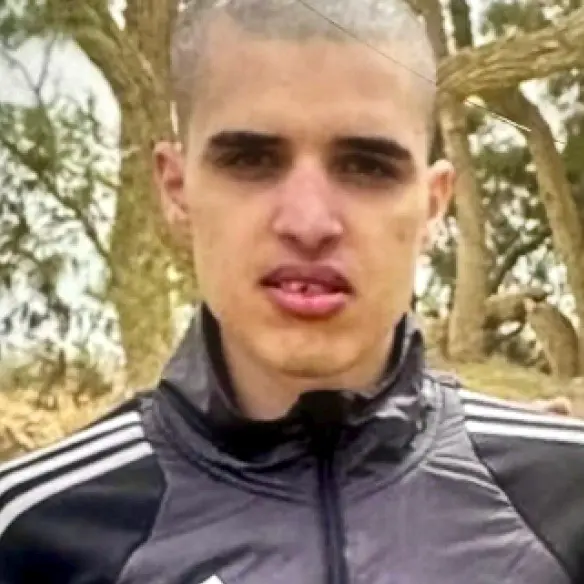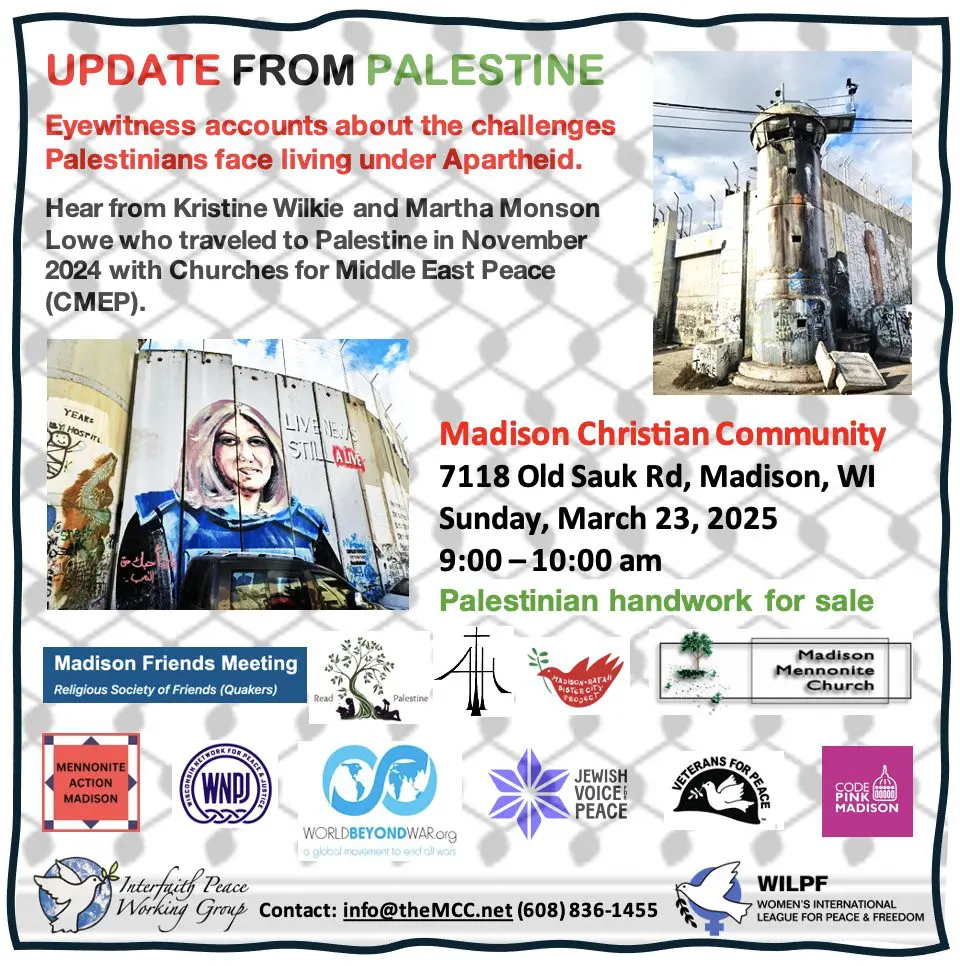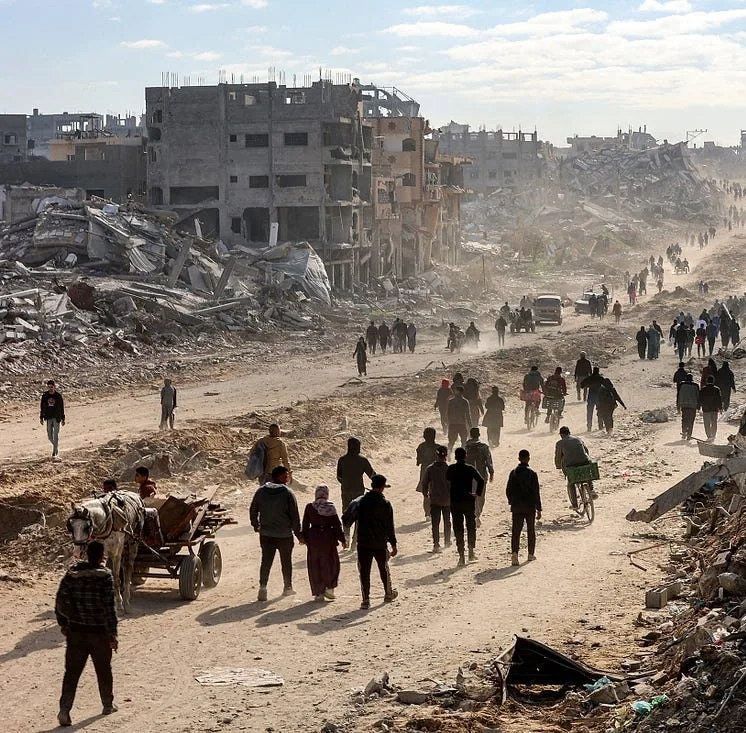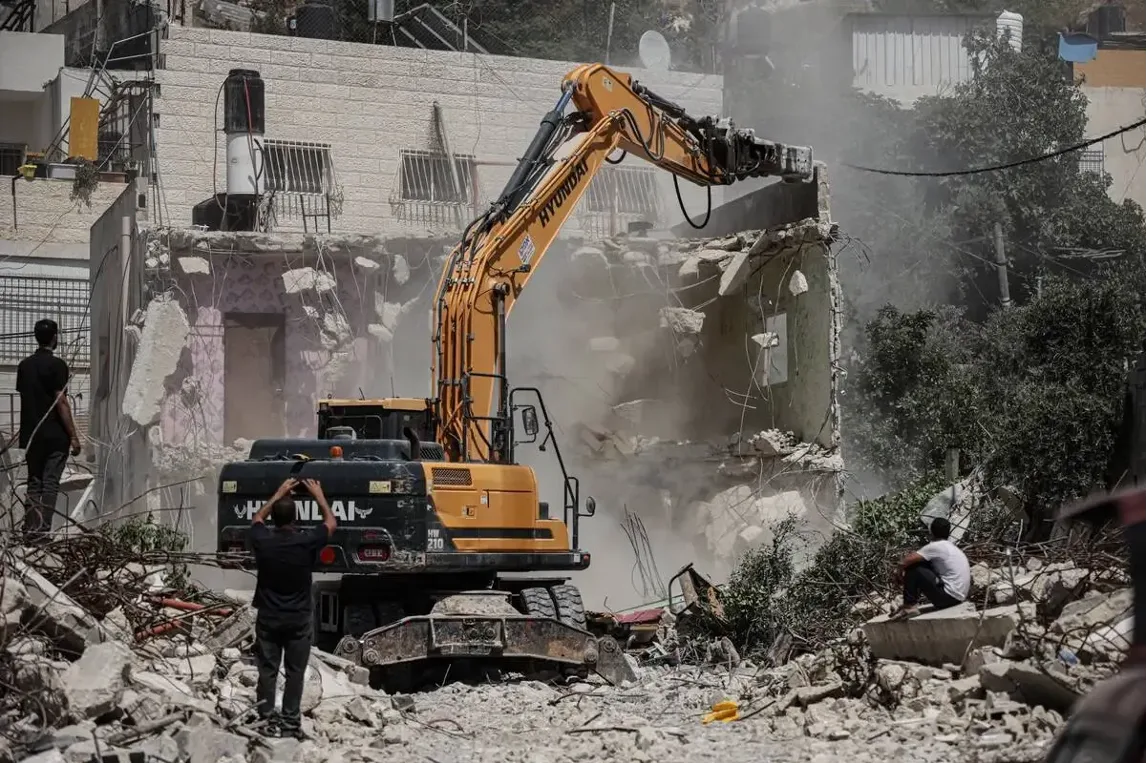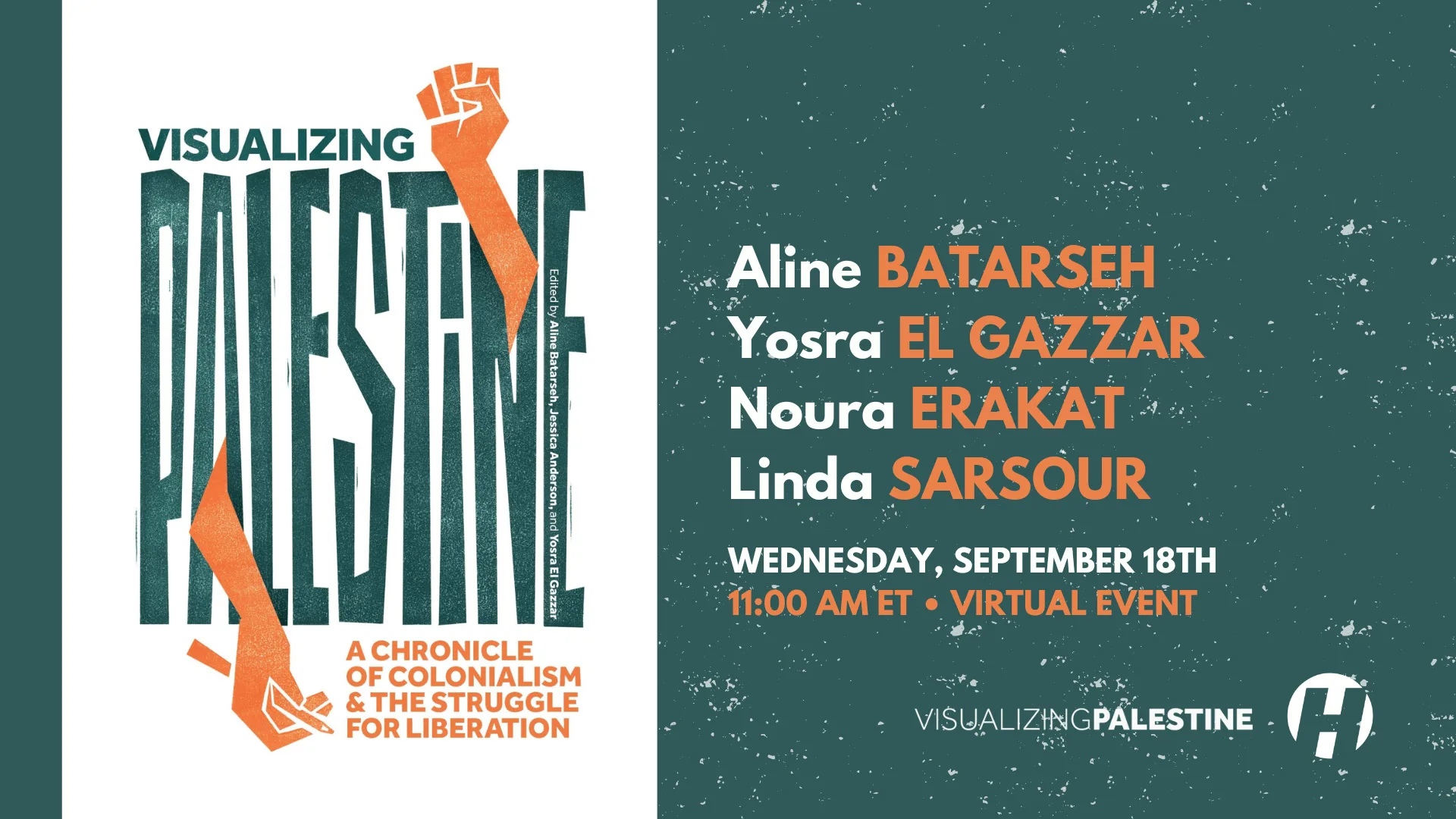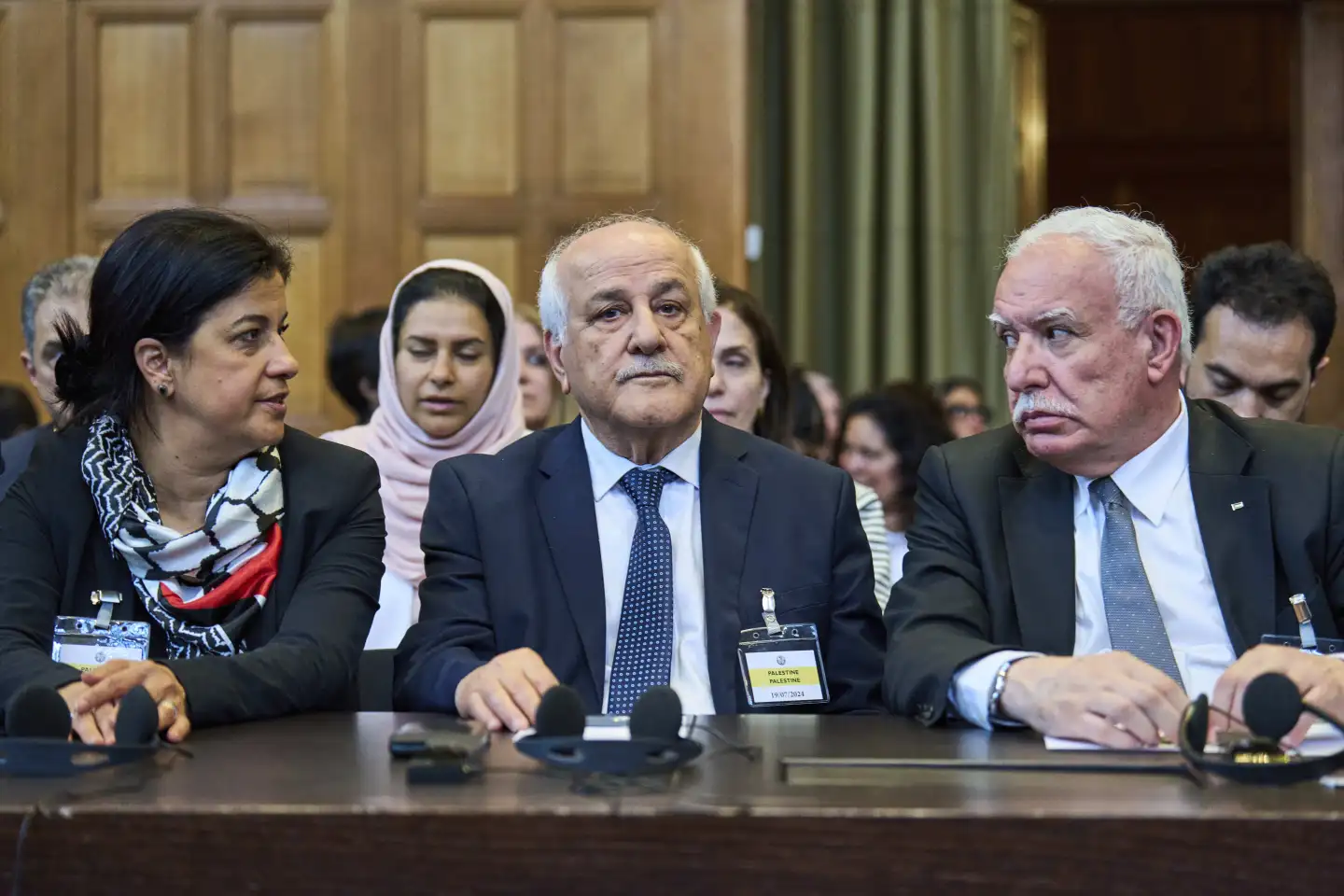The Madison-Rafah Sister City Project (MRSCP)
Jerusalem
Jul 1, 2025
Israel releases Ahmed Manasra after nine and a half years of jail, solitary confinement
The New Arab Staff, 10 April, 2025
Mar 23, 2025: Update From Palestine
Madison Christian Community, 7118 Old Sauk Rd, 9:00 am
Mar 9, 2025: The Raid on the Jerusalem Educational Bookshop
Online, 1 pm CT
A Letter to Donald Trump From Gaza
ABUBAKER ABED, ZETEO, FEB 23, 2025
Jared Kushner’s New Investments in Israeli Settlements
FREDDY BREWSTER & KATYA SCHWENK, THE LEVER, JAN 16, 2025
A Ceasefire Won’t Stop the War on Palestine
TARIQ KENNEY-SHAWA, THE NATION, JANUARY 16, 2025. The Best Analysis of the Gaza Ceasefire.
East Jerusalem, West Bank Palestinians displaced en masse
Home Demolitions spike to 15 year high Israel, like every other settler-colonial state, is premised…
Sep 18, 2024: Visualizing Palestine Virtual Book Launch
10 am CT This Wednesday, September 18th we hope you’ll join us for a virtual…
Top UN court says Israel’s presence in occupied Palestinian territories is illegal and should end
BY MIKE CORDER, ASSOCIATED PRESS, July 19, 2024 THE HAGUE, Netherlands (AP) — The top U.N.…
What life is like for Palestinians living under Israeli occupation
Al Jazeera English, Jul 16, 2024 What if every aspect of your life was under…
Israel must end its occupation of Palestine to stop apartheid and human rights violations
February 19, 2024 DONATE NOW Palestinians riding on a cart are refected on a mirror…
Mazin Qumsiyeh: FAQs on Gaza
Mazin Qumsiyeh is a Palestinian scientist, author, and founder and director of the Palestine Museum of…
OPINION: Israeli–Palestinian conflict not a “two-sides” issue
Nevine El Nossery, Madison365, Nov 2, 2023 A pro-Palestinian sign at a recent protest…
UN Security Council Must Address the Root Causes of the Palestinian Struggle
and Protect the Palestinian People from Retaliatory Israeli Attacks Date: 8 October 2023 Al-Haq, Al…
October 4, 2023
Crossing Borders: The Search for Dignity in PalestineMystery to Me Bookstore 1863 Monroe St, Madison 6:00 – 7:30 pm Christa Bruhn will…
Milwaukee Muslim Women’s Coalition hosts Nelson Mandela’s grandson at launch of Nakba tour
Sandra Whitehead, Wisconsin Muslim Journal, May 23, 2023 Photos by Mouna Photography Nkosi Zwelivelile Mandela,…
Stop Nora’s Eviction أوقفوا تهجير نورة
Occupied Jerusalem, 2/18/2023 On 6 February 2023, the Israeli occupation’s high court rejected a request…
Jerusalem synagogue attack: Seven killed in shooting
Israeli emergency service personnel and security forces attended the scene (Getty Images) BBC, 27 January…
231 Palestinians were killed this year. These are their stories.
2022 has been the deadliest year for Palestinians living under Israeli occupation in decades. We…
Salah Hamouri
Salah Hamouri photographed by Alain Bachellier Jonathan Kuttab, Friends of Sabeel North America, December 9,…
Israel has deported Palestinian lawyer to France
Move constitutes a war crime Medjool, 2022-12-18 Ramallah, 18 December 2022 Today, Sunday, 18 December,…
Zoom: Playing With Fire — Jerusalem and the Incoming Israeli Government
Zoom 11:30 am Central Alarming developments in coalition agreements and promised ministerial appointments following the…
Expulsion of Palestinian tests the waters for future deportations
Legal experts fear Israel’s deportation of Salah Hammouri could set a precedent for similar moves…
This is no “terrorist wave,”
it is an uprisingGush Shalom, October 18, 2022 The State of Israel is going to general elections, but…
Israeli Apartheid: A Breakdown
Israel applies an oppressive, separate, and unequal regime on Palestinians. There is only one word…
Sep 10, 2022: Lina Abu Akleh at Rebuilding Alliance Benefit
Please join us — in person or online — for a special evening. I am…
Giant eye murals bear witness to Palestinians in Jerusalem
Murals that are part of the public art project ‘I Witness Silwan’ depicting the eyes…
Jewish mobs attack Palestinians during Jerusalem rampage
Israeli Jewish extremists marching through the Old City of Jerusalem to celebrate its occupation and…
A Word from Jeff Halper on “Jerusalem Day”
Jeff Halper, ICAHD, May 29, 2022 Today, Sunday, May 29, the Jewish state of Israel…
The funeral of Palestinian journalist Shireen Abu Akleh
This will never be unseen. pic.twitter.com/Gtfrjqs6Q3 — Riya Al (@RiyaAlsanah) May 13, 2022
Israeli police attack funeral procession for shot journalist Shireen Abu Aqleh
TV images show Al Jazeera reporter Shireen Abu Aqleh’s coffin falling as police grab Palestinian…
Israeli settlers and police seize part of historic hotel
Petra hotel in East Jerusalem’s Old City is the subject of an 18-year legal battle…
Israeli top court annuls Sheikh Jarrah eviction orders
I am writing with breaking news from this week in Sheikh Jarrah. On Tuesday, the…
Israeli settlers seize and fence off land in Sheikh Jarrah
The area is on high alert following the demolition of a Palestinian house north of…
#SaveSheikhJarrah Twitterstorm
Palestine Solidarity Campaign, January 19, 2022 4:00 pm – 5:00 pm GMT At 3am last…
‘How do they expect my children to grow up and not be full of hatred?’
Lital Salhiyeh, whose family home in Sheikh Jarrah was demolished on Wednesday morning, has no…
August 6, 2021
Rep. Mark Pocan on WORTWORT 89.9 FM A Public Affair 12:00 – 1:00 PM Host Esty Dinur and Rep.…
Watch My Neighbourhood, the story of Sheikh Jarrah
A remarkable, nonviolent struggle against settlement expansion in East Jerusalem Watch the full movie online…
Israeli Home Demolition in East Jerusalem
AJ+/Al Jazeera Plus, June 29, 2021 Israeli forces have started demolitions in occupied East Jerusalem's…
Israel launches air strikes on Gaza putting fragile ceasefire in jeopardy
Air raids pound Gaza Strip after Palestinians in besieged enclave reportedly sent incendiary balloons into…
End U.S. Tax Dollars for Israel’s Genocide of Palestinians
Leah Muskin-Pierret, US Campaign for Palestinian Rights (USCPR), June 15, 2021 WASHINGTON, DC — 🔥…
Update: #SaveSheikhJarrah
Middle East Eye, May 2, 2021 ‘If I don’t steal it, someone else is going…
Home Demolitions in Silwan, East Jerusalem
Join Silwan activists Sahar Abassi and Zuheir Rajabi online to find out how you can…
VIRTUAL DELEGATIONS TO SILWAN, EAST JERUSALEM
Eyewitness Palestine June 12, 13, or 16 1:00 – 2:30 pm Central Participants in this…
Update: June 4, 2021
Candle Lit Vigil for PalestineUW-Madison Students for Justice in Palestine UW Library Mall 8:30 PM Join us to mourn…
Life Under Occupation: The Misery at the Heart of the Conflict
An eviction in East Jerusalem lies at the center of a conflict that led to…
“FREE PALESTINE RALLY” IN MILWAUKEE DRAWS DIVERSE CROWD
Lee Matz for the Wiscosin Muslim Journal Sandra Whitehead, Wisconsin Muslim Journal, May 21, 2021…
Some of the 66 Palestinian Children Killed
Institute for Middle East Understanding (IMEU) The Institute for Middle East Understanding (IMEU) is a…
Demonstrators rally in support of Palestinians at Wisconsin State Capitol
Follows days of violence in the Middle East Fatoumata Ceesay, Madison365, May 17, 2021 More…
